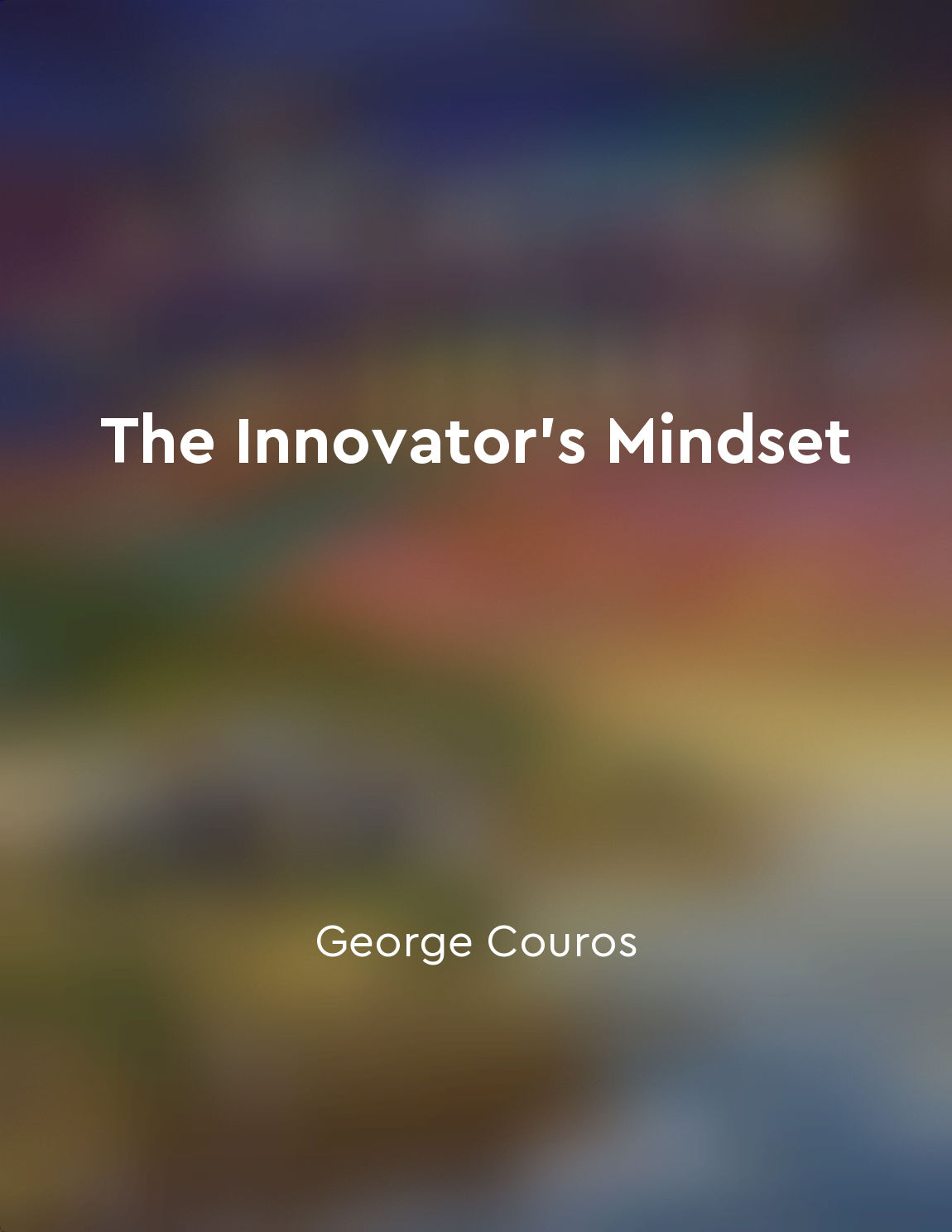Audio available in app
Education can be a site of resistance and liberation from "summary" of Education and Power by Michael W. Apple
Education can be understood as a complex social institution deeply intertwined with power relationships and social hierarchies. In many societies, education functions as a tool for reproducing existing social structures and maintaining the status quo. However, it is important to recognize that education also has the potential to serve as a site of resistance and liberation. This means that education can be a space where individuals and communities challenge dominant power structures, question oppressive norms, and work towards creating a more just and equitable society. In order for education to become a site of resistance and liberation, it is crucial to critically examine the ways in which knowledge is produced, circulated, and legitimized within educational institutions. This requires questioning the dominant narratives and perspectives that are often privileged in the curriculum, and instead, incorporating diverse voices and perspectives that have historically been marginalized or silenced. By doing so, education can become a tool for empowering individuals to challenge dominant discourses, question taken-for-granted assumptions, and imagine alternative ways of being in the world. Furthermore, education can also be a site of resistance and liberation through the ways in which it is practiced and enacted in everyday interactions within educational settings. Teachers, students, and other members of the educational community can engage in acts of resistance through their pedagogical practices, curriculum development, and classroom interactions. This can involve creating inclusive and democratic learning environments that value diversity, equity, and social justice, and actively working to dismantle systems of oppression and inequality that exist within educational institutions.- The concept of education as a site of resistance and liberation highlights the transformative potential of education to challenge existing power structures and work towards creating a more just and equitable society. By critically engaging with the ways in which knowledge is produced and circulated, and by actively practicing acts of resistance within educational settings, individuals and communities can harness the power of education to challenge oppression, promote social change, and work towards a more inclusive and equitable world.
Similar Posts
Another world is possible
Imagine a world where justice reigns, where all people are equal, and where the environment is protected. This vision of a bett...

Kindness is a universal language
In a world where differences often divide us, kindness has the power to bring us together in a way that transcends language, cu...
School funding disparities contribute to educational inequality
In the United States, school funding disparities play a significant role in perpetuating educational inequality. School distric...
Educational materials can reinforce stereotypes or challenge them
Educational materials play a crucial role in shaping students' perceptions and understanding of the world around them. These ma...
The power of storytelling
Stories have always held a remarkable power, a force that transcends time and space. They have the ability to captivate, to enl...
Socioeconomic status affects educational attainment
Socioeconomic status plays a significant role in determining the educational outcomes of individuals. Research consistently sho...

Trust in the potential of every learner
When we walk into a classroom, what do we really see? Do we see students who are eager to learn, curious about the world around...
Critique of traditional banking education
Freire's critique of traditional banking education is a fundamental aspect of his analysis of oppressive educational practices....
The hidden curriculum reinforces social norms and values
The hidden curriculum plays a critical role in shaping the values and norms that students internalize throughout their educatio...
Cultivating a culture of inclusivity is essential for creating equitable learning environments
To create equitable learning environments, it is imperative to foster a culture of inclusivity. This means ensuring that all st...

